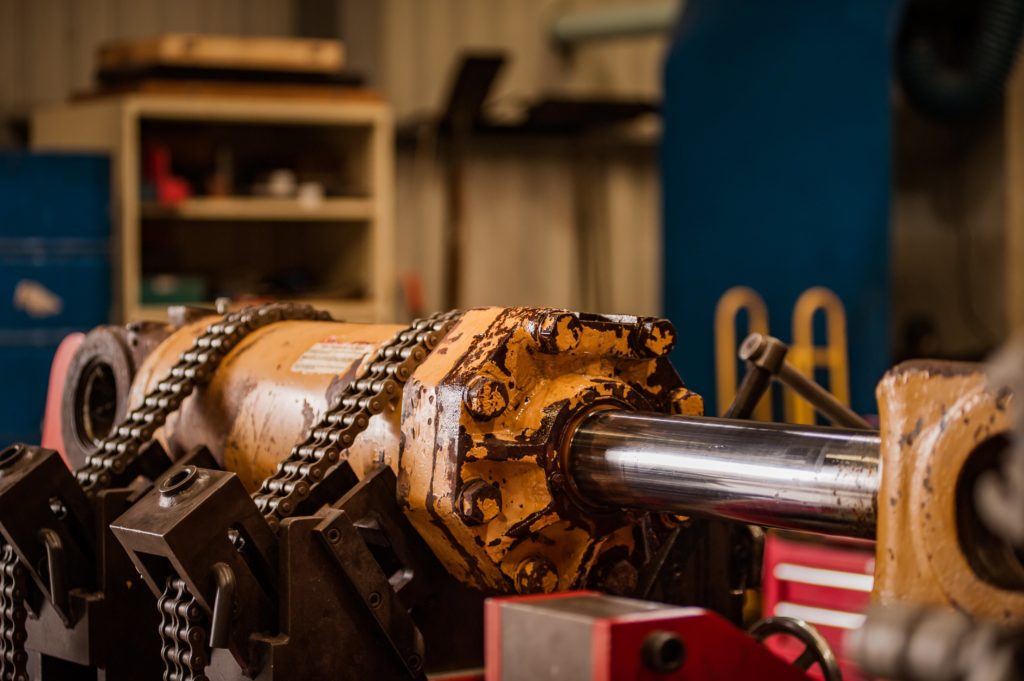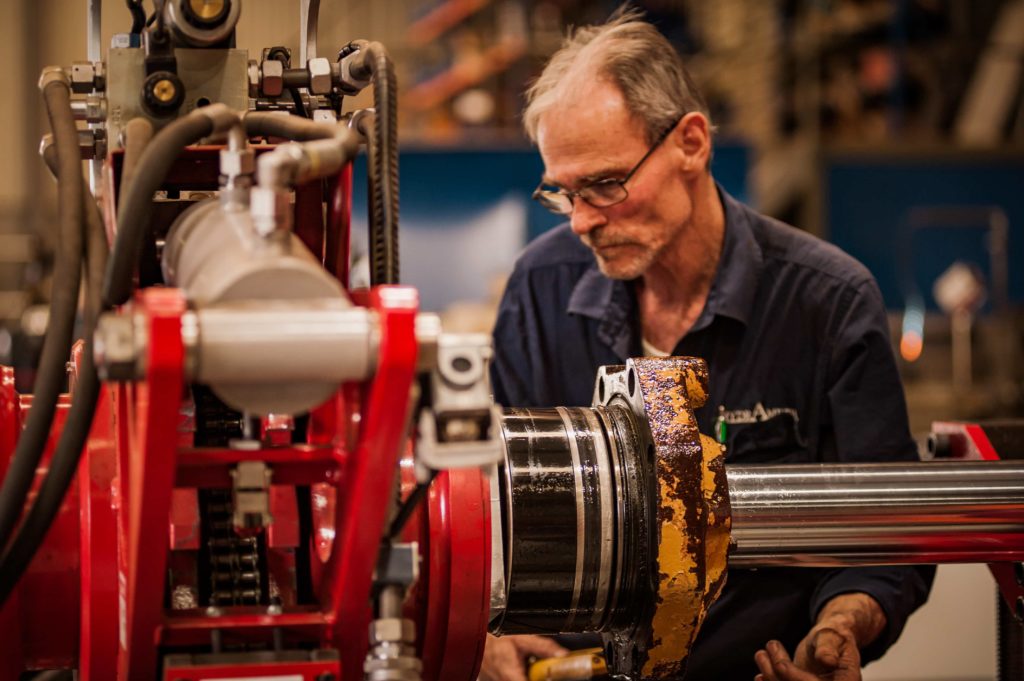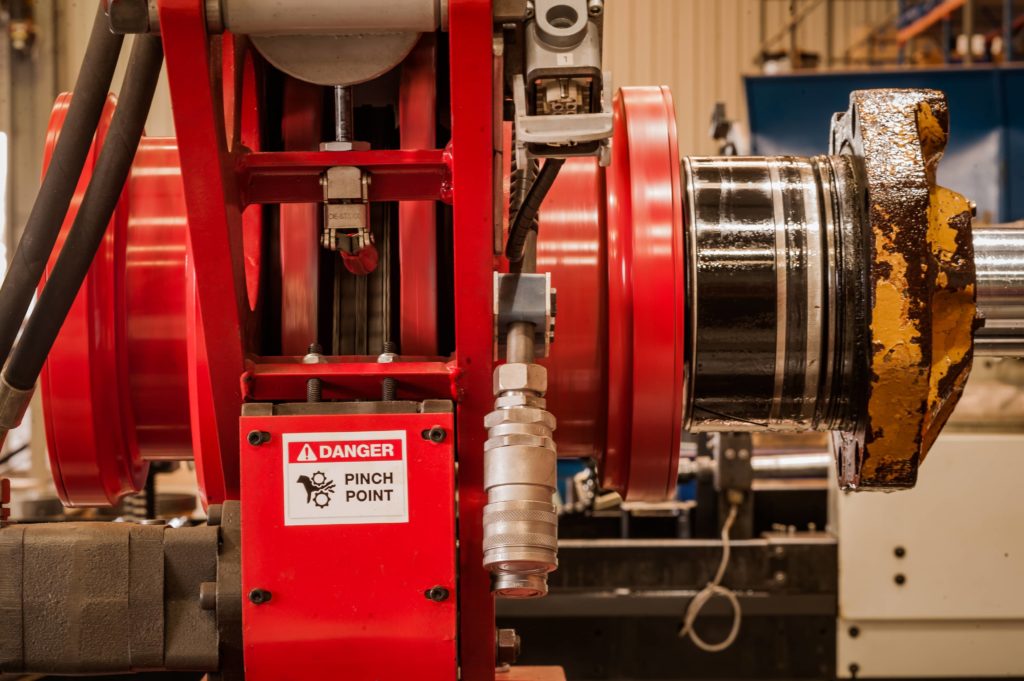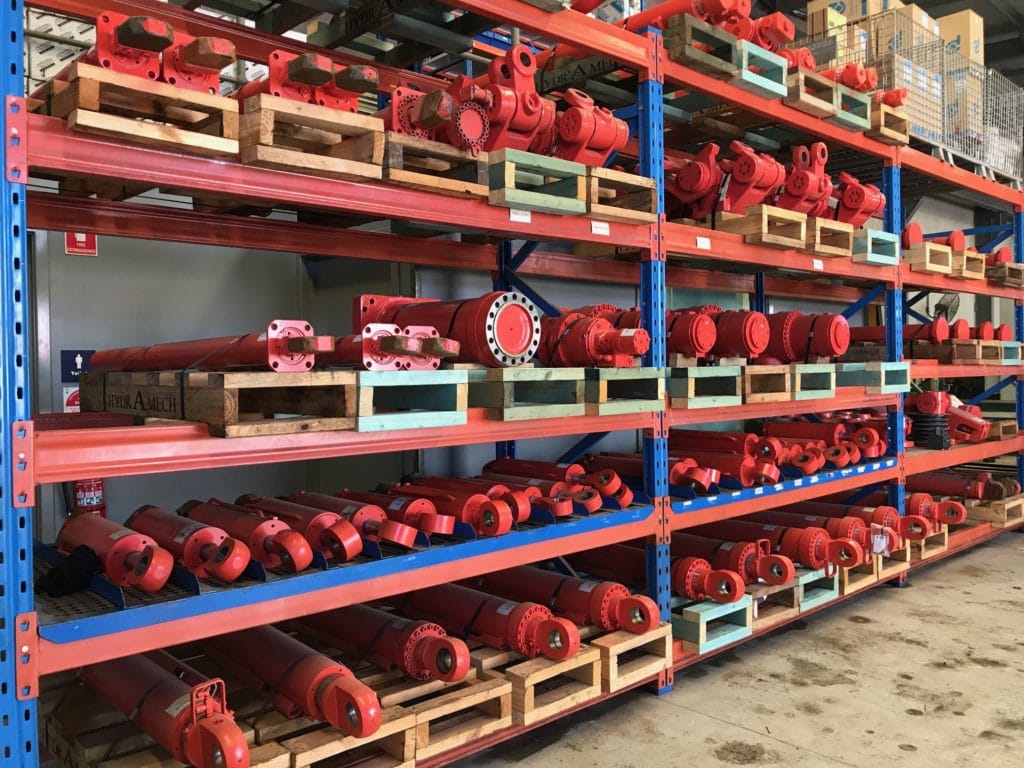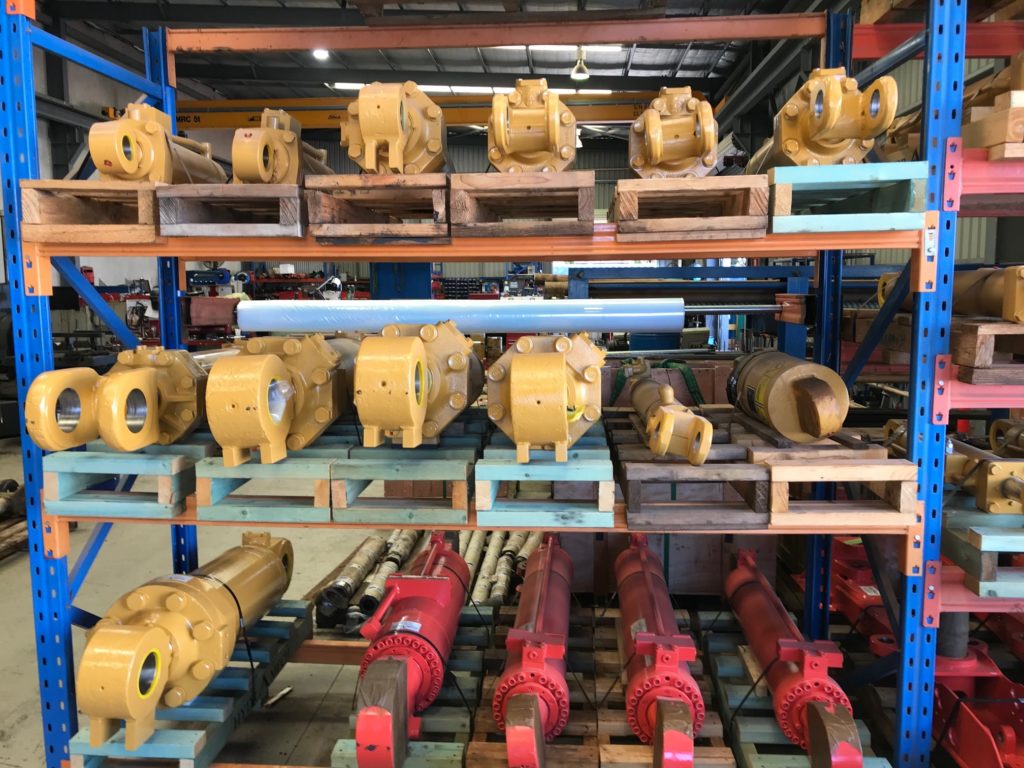Mining companies spend a lot on hydraulic repairs. When you have machinery, especially hydraulic machinery, working long hours in hot and dusty environments you’ll naturally experience wear and tear. Quite often, the initial failure will occur in one area and set off a chain reaction throughout the hydraulic system.
While it’s accepted that repairs to hydraulic cylinders, motors and pumps will be needed from time to time, there are ways to minimise the number or frequency of repairs. To help you keep your machinery running in top shape we’ve put together 5 tips to help you reduce hydraulic repairs, plus common hydraulic issues to look out for.
How To Reduce Hydraulic Repairs
#1 – Maintenance
Basic regular maintenance should be carried out as needed. That may be measured in days, weeks or months or by the number of hours the machinery has been operating. Don’t wait until something is broken, keep your machinery calibrated and in working order.
#2 – Use Correct Fluids
It should go without saying that using the wrong fluids will cause damage to your hydraulics. Specifically, using the wrong oil with the wrong viscosity will result in lubrication damage and premature failure of major components, like cylinders. It can also increase the consumption of power, which over time will mean added costs.
#3 – Regular Check ups
Checking and testing the performance and accuracy of your machinery is essential. Even a slight drop in performance is an indication that something isn’t right. Left unchecked, that minor issue can turn into something major.
#4 – Schedule Maintenance Checks
Sticking to a maintenance plan will improve your overall production. Having a set schedule allows you to plan for any downtime, arrange for workers to have time off or order in replacement components that may be part of your planned maintenance.
#5 Use a Qualified Repairer
If you’re in charge of purchasing hydraulic machinery, you’ll know how big an investment it is. You should only trust a qualified and reputable hydraulic expert to carry out repairs or supply refurbished parts.
Common Hydraulic Issues That Result In Repairs
If you notice any of the following issues during your regular maintenance checks, you should contact a Hydraulic repair expert.
Contamination
If foreign matter gets mixed with fluids this can cause hydraulic failure and greatly impact the performance and efficiency of the machinery.
Increased Pressure
Hydraulics should operate at specific pressure levels. If pressure rises, this can cause other wear and tear on a variety of components.
Aeration
Air bubbles within the hydraulic fluid is a dangerous combination. It can degrade the hydraulic fluid causing damage to the components through overheating, wearing out seals and affecting lubrication.
Cavitation
When hydraulic fluid doesn’t fill the space within the pump completely, possibly due to the pump moving too quickly, an intake line that’s too long or restricted or high fluid viscosity, cavitation occurs. It can produce the same high-pitched sound as an aeration issue.
Poor Viscosity
A specific level of viscosity needs to be maintained at all times within a hydraulic pump. If levels rise too much, it can cause cavitation. However, if viscosity levels are too low, too much heat will be produced, causing leaking.
Excessive Heat
While often a side effect of other problems, excessive heat can also be a cause. Too much heat is a warning sign that something isn’t working correctly and needs to be investigated immediately.
Hydraulic Servicing using Hydramech’s Drop n Swap
Hydramech’s exclusive Drop n Swap system has been a huge asset for WA mining companies. Being able to drop off an old or broken part for repairs and pick up a refurbished replacement part straight away has meant that machinery downtime is almost non-existent.
As a hydraulic cylinder specialist based in the heart of a mining town, we know how tough the environmental conditions are and which hydraulic parts are in higher demand. We make sure we keep the most essential hydraulic parts on hand to reduce downtime.
If you want to discuss your hydraulic repairs, urgent or planned, contact Hydramech.
